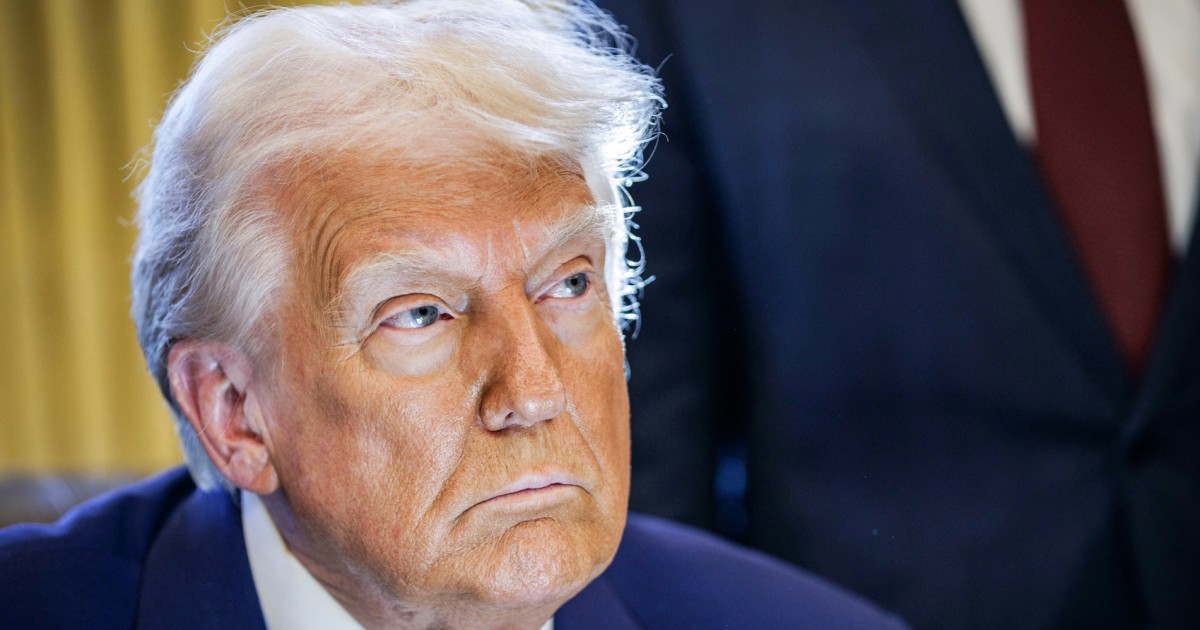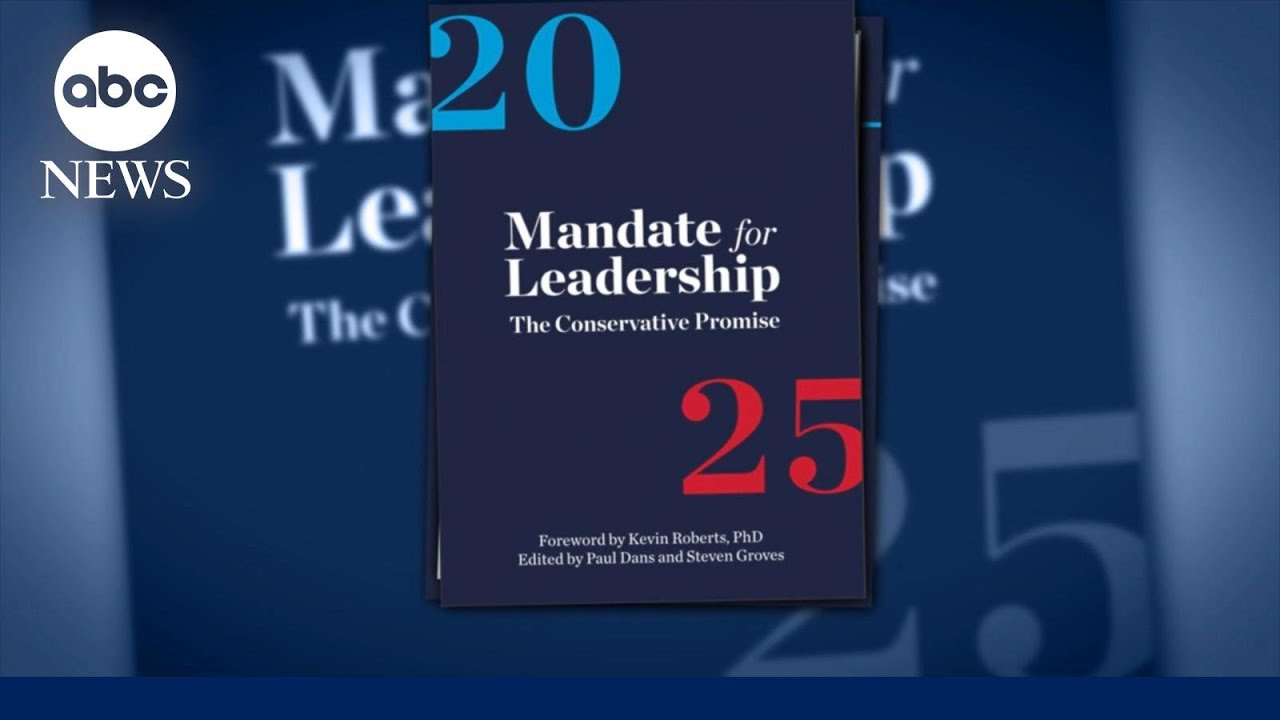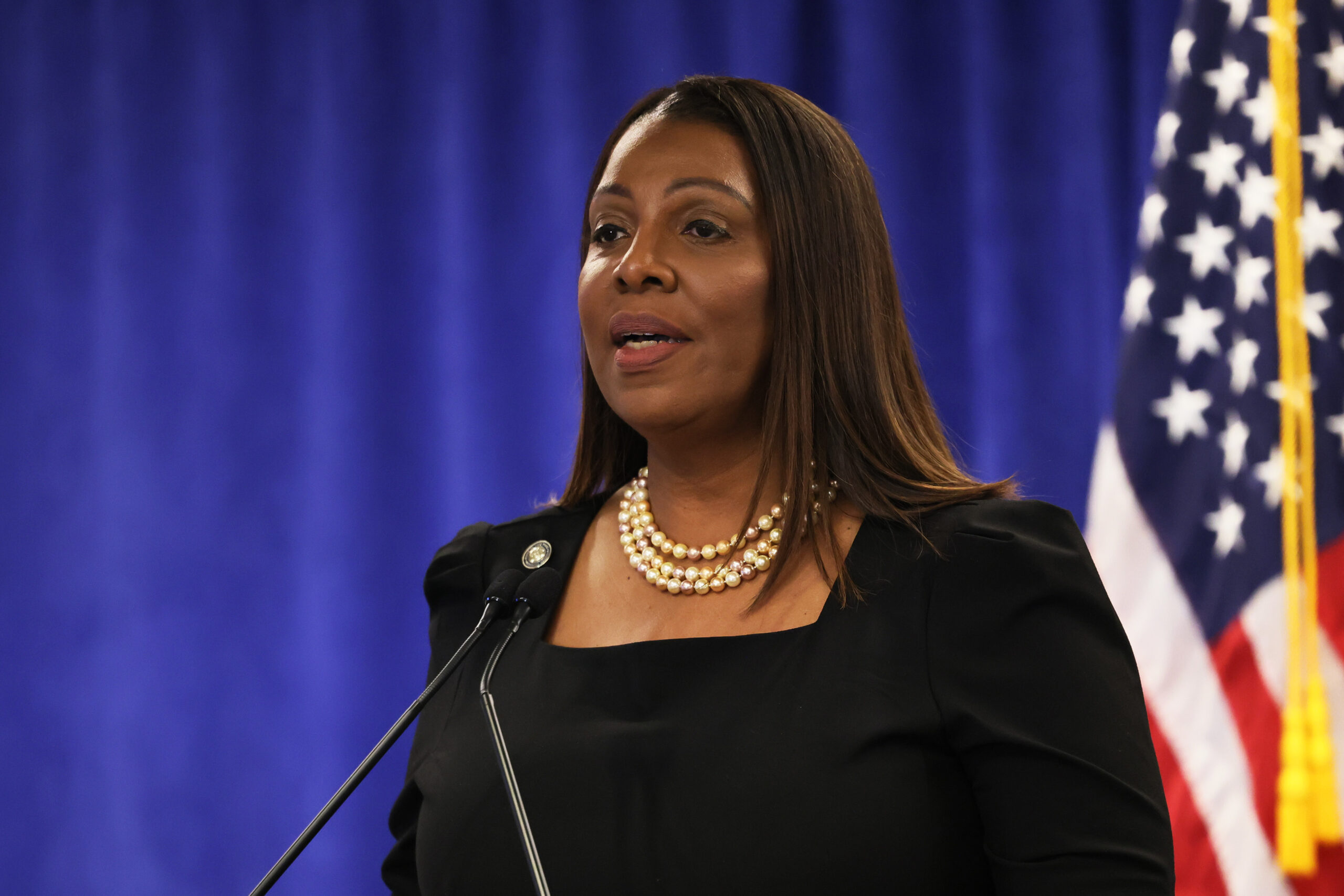Originally at msnbc.com
President Donald Trump on Tuesday signed an executive order that seeks to bring independent federal agencies under his control as he continues to stretch the boundaries of executive power and test the legal limits of his office.
The order would essentially put independent agencies such as the Federal Trade Commission, the Federal Communications Commission and the Securities and Exchange Commission under the watch of Office of Management and Budget Review Director Russell Vought, a key Project 2025 author.
If it survives expected legal challenges, it would require the agencies to submit major regulations to the OMB and allow it to make changes to their budgets according to Trump’s priorities.
The order also states that no employee may “advance an interpretation of the law as the position of the United States that contravenes the President or the Attorney General’s opinion on a matter of law,” effectively forcing the agencies' attorneys to go along with Trump's and Attorney General Pam Bondi’s interpretations of laws.
For Vought, who has advocated for greater presidential control over government agencies, the executive order would realize a long-standing goal if allowed to go into effect. In a chapter in Project 2025, he wrote that the president must rein in a “sprawling federal bureaucracy” and laid out how the OMB could help consolidate power over independent agencies in the White House.
In the weeks since he returned to the White House, Trump has sought to dramatically expand the powers of the presidency through executive orders. Many of those orders have been subject to lawsuits, but Trump’s allies have also falsely suggested that the president’s power cannot be reined in by the judicial branch, raising concerns that it might defy a court order.
Read the Original Story





